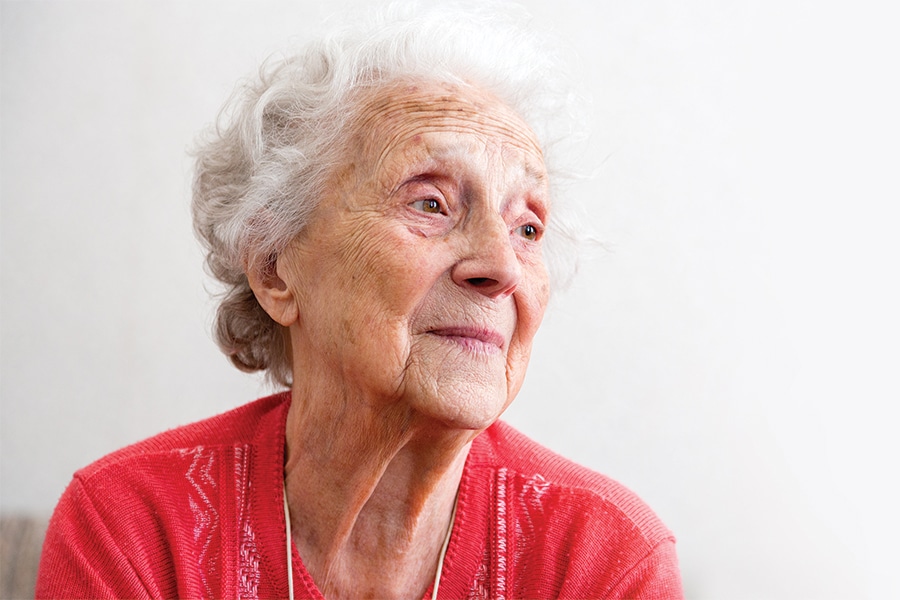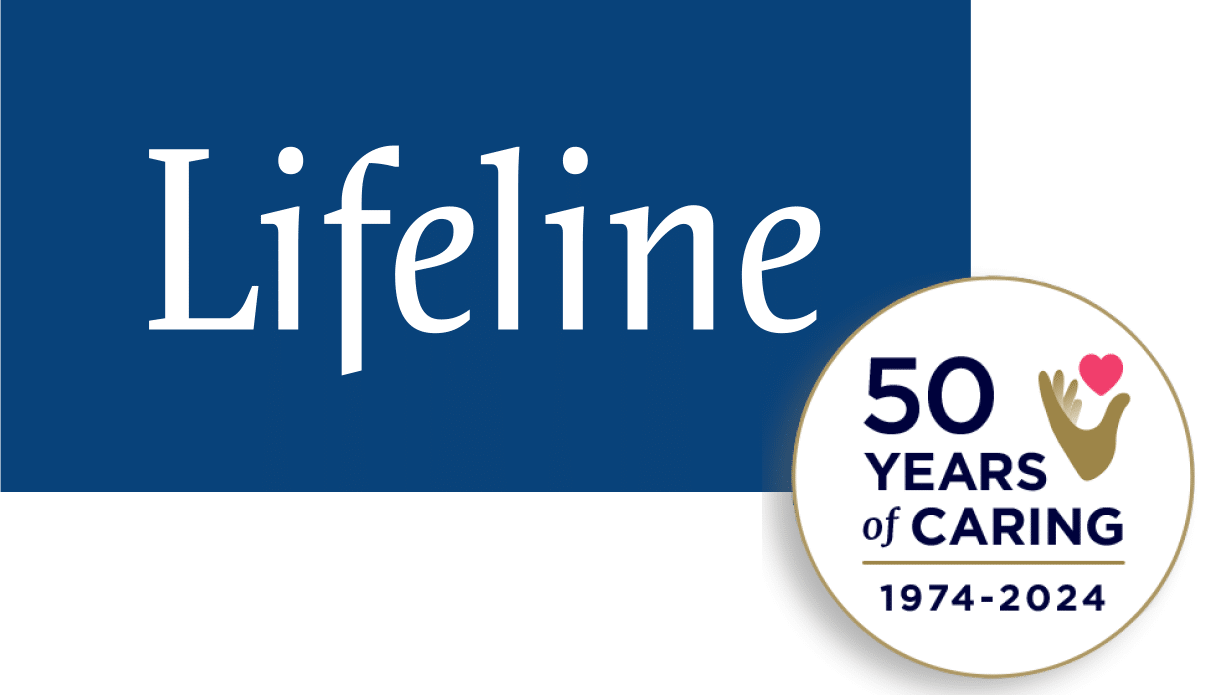Senior Mental Health: Tips To Manage Mental Health Problems and Improve Well-being
Author: Lifeline Canada
Date: 16 April 2021
15% of Canadian seniors suffer from loneliness, depression or other mental disorders.1 But help is available.
Seniors go through many life changes that can lead to mental health issues like depression, loneliness and anxiety. Mental disorders can make people feel helpless. They can be brought on by many things, like:
- Loss of friends and loved ones
- Physical health problems
- Worrying about money
The good news is that mental illness is as treatable as physical illness. The only difference between the two is that mental illness affects your mood, behaviour and thinking instead of your physical body.
Mental illness is not a sign of weakness, a character flaw or a failing of any kind. There are approximately 1 million Canadian seniors who are struggling with mental illness2 so you are not alone. There is a lot of help available. You do not need to suffer in silence.
Related: 13 Activities for Seniors Around Your Hometown (While Keeping The Mind Active)
The purpose of this article is to inform you about the most common kinds of mental illnesses older adults face, how to recognize the warning signs and how to get help.
What are the most common mental health concerns in seniors?
The top 3 mental health issues include:
- Depression is the most common mental disorder. It affects 7% of all seniors3. Left untreated, it can harm emotional wellbeing and social functioning and make physical illnesses worse.
- Dementia is the loss of memory, thinking and behaviour. Approximately 5% of older adults3 suffer from this illness and in its worst form becomes Alzheimer’s disease.
- Anxiety and panic disorders cause worry and fear. They affect about 4% of older adults3 and are closely associated with depression – nearly half of the people who have anxiety disorders also have depression.4
Fortunately, these mental illnesses can be managed very effectively with therapy and medication. If you’re ever in need, Lifeline provides peace of mind and a simple, fast connection with people who can help.
Related: Seniors Enjoy Better Emotional Health from Playing Video Games

What are the warning signs that older adults might be suffering from a mental disorder?
As we grow older, we often see changes in our mood or thinking. But, if you have persistent or severe depression, loneliness, anxiety or memory loss, it could be a sign of something more serious.
Here are some of the warning signs that you should share with your family doctor:
- Avoiding friends and family
- Loss of appetite
- Difficulty sleeping or too much sleep
- Feelings of hopelessness
- Activity that is hard to control
- Finding it hard to concentrate
- Becoming more forgetful
- Increased anger or aggressiveness
- Feeling on edge and restless
- Antisocial behaviours or thoughts
- Difficulty looking after your personal appearance, home or other daily tasks
What kinds of help are available for senior mental health?
Your first and best source of help is your doctor, who can diagnose your illness and help you get the help you need. In the meantime, nutritious meals and being active will help you to feel better.
There are also resources that specialize in mental health care for seniors. Here are a few:
The Canadian Coalition for Seniors’ Mental Health (CCSMH)
Phone: (289) 846-5383
The Canadian Mental Health Association
Phone: 1-800-875-6213
Mood Disorders Society of Canada
Phone: (613) 921-5565
CMHA Mental Health Week, running May 3-9 this year, is an excellent opportunity to bring awareness to serious mental health conditions that often get overlooked. Initiating the discussion that can lead to a basic treatment plan and referral to a specialist, could save a life.
And don’t forget that Lifeline also provides around-the-clock access to help and support when you need it most.

How Lifeline helps seniors who need help.
The Lifeline medical alert service helps you to feel safe and more confident with access to emergency help day and night, or even just a friendly “hello”.
Our standard HomeSafe solution provides 24/7 two-way help at the push of a button in the home.
Our AutoAlert solution adds automatic fall detection in the home.5
With our On the Go mobile solution, Lifeline’s 24/7 help and fall detection can be taken anywhere.5,6
And Lifeline with Wandering supports caregivers with a loved one who tends to wander.7
What You Should Do Now:
Here are 5 ways we can help you or your loved one live safer and more independently at home as long as possible:
- Get our latest tips, tools and resources straight to your inbox. Sign up for our monthly newsletter.
- Not sure if the time is right for a medical alert service? Take this quick assessment to find out.
- If you would like to learn how to live a healthier and safer lifestyle, go to our blog or visit our resources section, where you can read and download guides.
- Wondering which medical alert system company is the best for your needs? We’ve put together a guide comparing the best medical alert systems for you.
